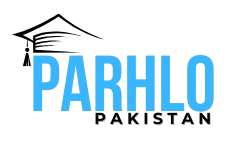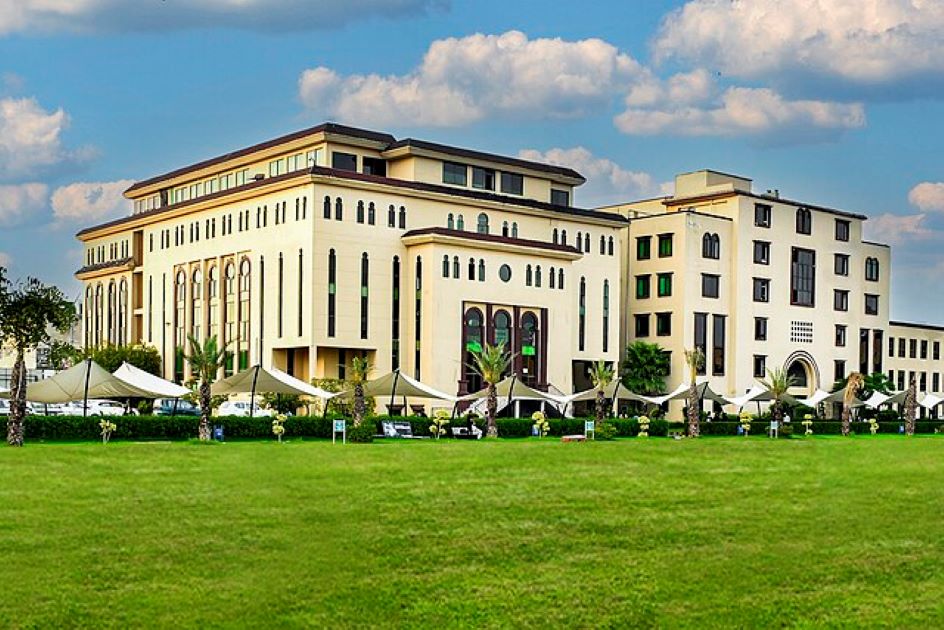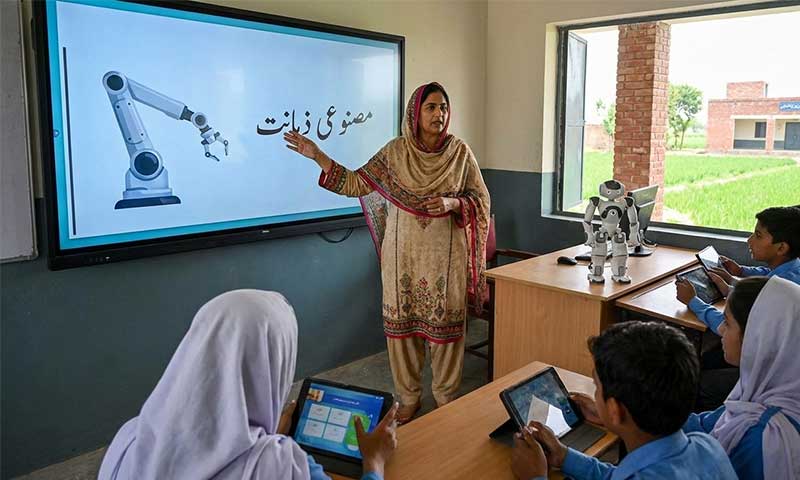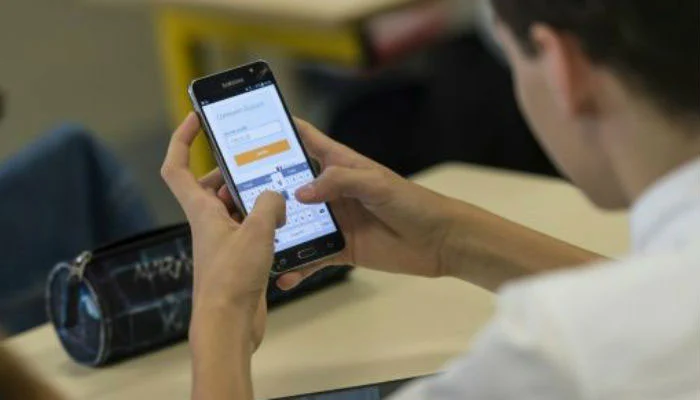In an era where higher education has become a commercialized venture, recent penalization of the University of Management and Technology (UMT) by the Competition Commission of Pakistan (CCP) highlights a pressing issue of exploitation of students through deceptive marketing and unregulated franchising. The CCP fined of Rs 5 million on UMT for making false claims regarding its academic rankings and accreditations a violation of Section 10 of the Competition Act, 2010. What began as a student focused controversy quickly grew into a nationwide concern about transparency. However consumer protection and the governance of private educational institutions in Pakistan.
The False Claims That Sparked the Inquiry
According to a detailed report by TechJuice UMT had promoted itself in brochures and advertisements using phrases such as
- “Top 10 in South Asia and best accredited in Pakistan”
- “Ranked as 2nd best by HEC”
- “Only business school in Pakistan with SAQS Accreditation by AMDISA”
- “Top ranked in the general category of private sector universities in Punjab”
These claims were heavily publicized across digital platforms, social media and printed prospectuses drawing the attention of students seeking quality higher education. However upon scrutiny none of these assertions could be verified with credible third-party evidence.
UMT PR department responded to the CCP’s action calling the penalty baseless and asserting that the university holds a W4 ranking and a spot among the top 500 universities in South Asia according to QS Rankings. Nonetheless the CCP inquiry revealed that such claims were misleading and aimed at commercial gain rather than academic truth.
The CCP Verdict and Its Implications
As reported by Dawn News the CCP launched a formal inquiry after receiving information about potential violations of the Competition Act. The commission concluded that UMT had misled the public prospective that students and their parents into believing that the university was far more prestigious than it actually is. These deceptive practices jeopardized the educational futures of many and imposed financial burdens on families who believed they were investing in a world class institution.
The CCP prosecutor drew comparisons to the Trump University case in the United States where a court settled with students for $25 million over similar misrepresentations. The prosecutor argued that such behavior from UMT warranted a strict financial penalty and immediate corrective action.
The final ruling not only imposed the Rs. 5 million fine on UMT but also directed the university to cease all deceptive marketing practices reinforcing the CCP mandate to protect consumers and ensure fair market practices in Pakistan.
HEC Intervention The Franchise Controversy
While the CCP dealt with deceptive marketing practices the Higher Education Commission (HEC) also raised serious concerns about UMT operations. In a letter dated March 28, 2019 HEC Executive Director, Lt. Gen. Muhammad Asghar (Retd) wrote to the Governor of Punjab highlighting illegal franchising practices by UMT and Riphah University.
As per documents accessed by Business Recorder HEC stated that UMT had authorized its ILM Group of Colleges. ILM to offer degrees under UMT seal practice strictly prohibited under the university charter and HEC regulations. HEC had already warned UMT twice before in 2017 and early 2018 to halt all unapproved degree programs through such arrangements.
In the letter HEC urged the Punjab Government to take swift action including shutting down all unauthorized campuses and publishing public alerts to warn students and parents. These developments added another layer of concern revealing. UMT violations were not limited to marketing alone but extended to illegal academic operations as well.
Media Analysis: The News International Coverage
The situation was also covered by The News International where journalist Mehtab Haider outlined the legal timeline and regulatory failures in the case. According to the report UMT was served with a Show Cause Notice and was given the opportunity to justify its promotional claims. However the university failed to present credible evidence. Instead issued an unconditional apology during hearings committing to discontinue its deceptive practices.
This report emphasized the broader impact of the incident noting that misleading students not only harms individuals but also distorts competition in the higher education market. It can lead to unfair advantages for institutions operating unethically. While reliable institutions suffer in comparison due to their honest advertising and compliance with regulations.
Impact on Students and the Education Sector
The scandal has highlighted a major issue in Pakistan higher education framework the commercialization of education at the expense of transparency and academic integrity. Thousands of students rely on university rankings and accreditations as a benchmark for making life altering decisions. When institutions manipulate these facts it is not just a violation of law it is a betrayal of public trust.
What Needs to Change?
This case should not be viewed in isolation but as a symptom of systemic problems within Pakistan education. A few key reforms are needed immediately
- Transparency in Rankings and Accreditations
Every educational institution must be required to publicly display authentic independently verified rankings and accreditations with clear links to the issuing bodies. - Franchising Oversight
HEC must tighten the regulations around degree franchising and hold institutions accountable for unauthorized expansions. - Unified Regulatory Enforcement
Collaboration between CCP, HEC and provincial governments must be improved to ensure coordinated action against violators. - Student Awareness Campaigns
Public alerts and digital campaigns should be initiated to educate students and parents about how to verify university credentials and avoid fraudulent institutions.
ParhloPakistan’s Role in Promoting Accountability
At ParhloPakistan, we think that giving parents and students access to vetted educational news . Its responsible reporting is a great way to empower them. We want to draw attention to these instances as a platform dedicated to advocacy and transparency in the Pakistani educational community. In order to promote improved regulatory procedures and systemic changes. We will keep publishing upgrades and analyses that help students make well informed academic decisions because we support the students’ demands for clarity.
Conclusion: A Lesson in Accountability
The Rs. 5 million fined imposed on UMT by the CCP coupled with the warnings from HEC. It may be one of the most visible moves toward holding educational institutions accountable in Pakistan. While UMT has apologized and vowed not to repeat these practices, the damage has already been done to reputations to student futures and to public trust.
Let this incident be a catalyst for reform. Truthfulness and execution must become the basis of Pakistan education system. If it is to develop into a competitive and internationally recognized industry. Regulatory agencies must take proactive, consistent action in addition to responding to complaints. The system must provide the better education that students deserve.




